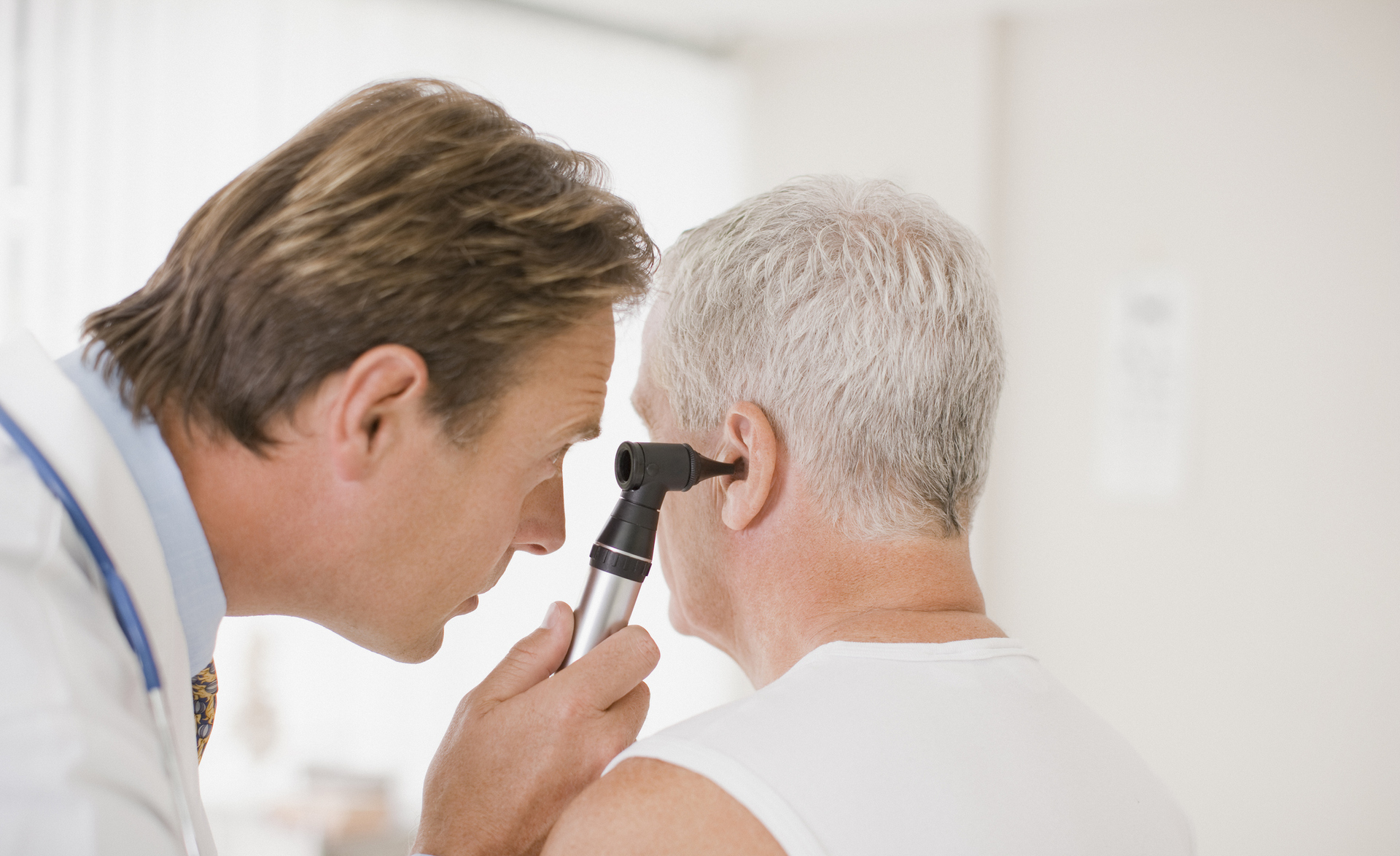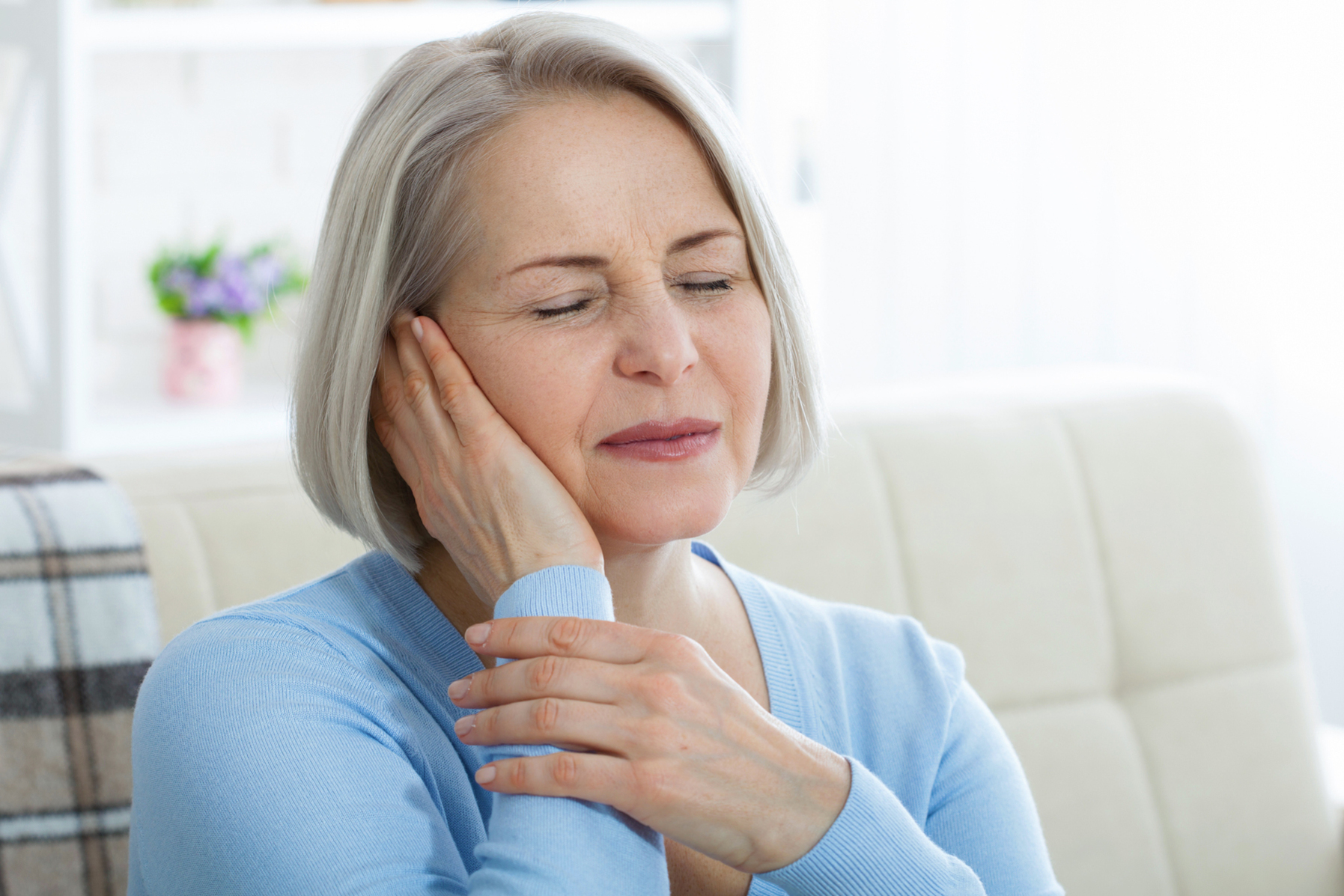Coming Out Of Lockdown – Coping With Sound Sensitivity
Posted on 23rd March 2022 at 15:10
Would it surprise you to know that many people are not looking forward to the end of the COVID-19 pandemic restrictions?
Throughout the COVID-19 pandemic, people have been shielding in their homes and significantly reducing their interactions with family, friends, colleagues and the wider society. As a consequence the world became a much quieter place. The lifting of the COVID-19 restrictions and society reopening means returning to the noisy world we normally live in. For many people this means facing new challenges and anxieties over coping with the return to the noise after months of silence.
Hyperacusis is a hearing disorder involving a reduced tolerance to sound(s) that are perceived as normal to the majority of the population or were perceived as normal to the person before their onset of hyperacusis, where ‘normal’ refers to sounds that are generally well tolerated (Adams et al., 2020). For the person experiencing hyperacusis, everyday sounds can be intense, frightening, painful and overwhelming and can lead to difficulties concentrating, loss of confidence, withdrawal from social situations and disruption to all aspects of daily lives (Adams et al., 2020). These experiences along with other sensory changes are commonly described by people living with dementia, with the reactions to hyperacusis often more pronounced (Behrman et al., 2014; Fioretti et al., 2014). Subsequently, for people living with dementia and hyperacusis, the world can be a very noisy and overwhelming place.

For over 10 years Agnes Houston MBE has been actively raising the profile and awareness of sensory challenges experienced by those living with dementia, through pioneering workshops, the creation of the resource ‘Dementia and Sensory challenges’, and her book “Talking Sense: Living with sensory challenges and dementia”. In 2015, Agnes and Sarah Bant began working together to raise awareness and bring understanding of hearing challenges to the Audiology profession including through British Society of Audiology (BSA) workshops and conferences. In March 2021, the British Society of Audiology Cognition in Hearing Special Interest Group held a webinar on “COVID and Audiology: supporting people living with dementia”. This included a lived experience panel session chaired by Sue Phelps, Director of Alzheimer’s Society Cymru, with guest speakers Agnes Houston MBE, Dr Wendy Mitchell, George Rook and Teresa Davies who all have lived experience of dementia.
In this session, the guest speakers described the hearing challenges they experienced during COVID-19 lockdown, including enjoying the peace and quiet of their homes, but also feeling a loss of routine and loss of confidence in communicating with people. This was due to the lack of social interactions, as well as sensory overload and fatigue experienced on virtual platforms that were used to continue meetings, support groups and events. In terms of coming out of lockdown, the combined overriding message was of fear and worry about coming out of silence and returning to the noisy world that they have been shielded from over the past year in 2020. The panel strongly advocated the need for tips and strategies to help people cope with returning to their routines and the noisy world. They particularly felt that self-help resources should be easily accessible, so that many people could access them in their own homes, at any time, without needing to be referred to services.
The solution Following the webinar, Sarah Bant approached Vicky Sadler, Karen Shearsmith-Farthing and Kathryn Fackrell (attendees at the webinar) to draft resources that combined approaches and strategies used for those with hyperacusis with therapeutic approaches for people living with dementia. The drafts were then reviewed by the panel (Agnes, Wendy, George and Teresa) to ensure that they were fit for purpose and covered all the concerns raised, with refinements made. The resources produced include a detailed self-help information leaflet with a four-stage approach that provides strategies for coping with coming out of lockdown, and a ‘Top Tips’ easily accessible poster (see poster below). Both resources have been welcomed widely, with the poster image reaching 23,000 people on Twitter to date! The resources have been made available online on the Dementia Engagement and Empowerment Project (DEEP) Network website and on the British Society of Audiology resource site, Sound Practice.

It is known that reliable online health information can reduce anxiety and increase self-efficacy and therefore can empower people to make healthcare decisions (Turan et al., 2015). The quality of information resources currently available online for managing hyperacusis is limited, often varies widely, and is not specifically tailored to the needs of those living with dementia (Smith et al., 2020). This webinar provided a platform for people living with dementia to speak out about their experiences and preferred solutions. These online resources are a critical step towards providing quality information and strategies for coping with coming out of lockdown. They are not only useful for people living with dementia, but also for people experiencing hyperacusis alone. Furthermore, they provide the Audiology profession with an immediate resource to help guide management and support of people living with dementia and hyperacusis. Finally, they will aid researchers aiming to understand the effects of, and evidence base around dementia and hyperacusis, and the type of support that is needed.
These resources will provide an initial self-help approach for those living with dementia and hyperacusis. However, there is still more research needed in order to build an evidence base of the underlying causes of hyperacusis specific to dementia and potential approaches that can be taken to support and reduce the impact of this on people’s lives.
Authors:
Sarah Bant, Clinical Scientist Health and Education and Improvement Wales Betsi Cadwaladr University Health Board
Vicky Sadler, Hearing Therapist, Shrewsbury and Telford Hospital NHS Trust
Kathryn Fackrell, NIHR Research Fellow University of Nottingham
Karen Shearsmith-Farthing, Advanced Practitioner Occupational Therapist, Dementia Lead, Hwyel Dda University Health Board

Share this post:








